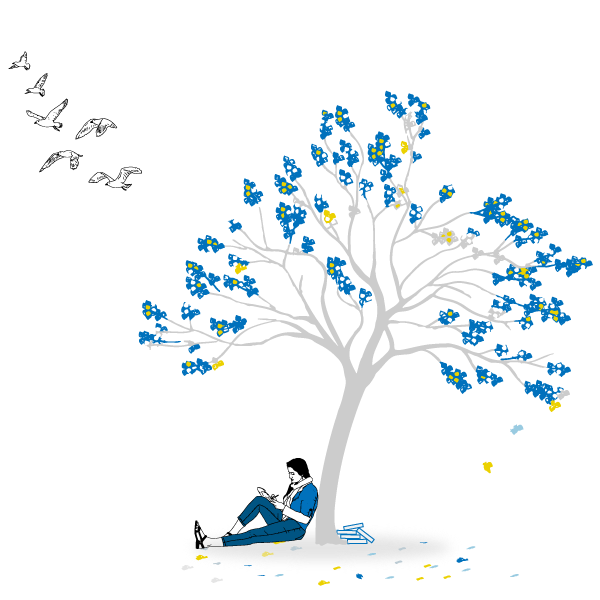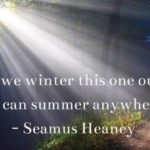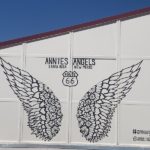Reading Akiko Busch & new writing…
My friend, author Gail Hosking, sent me a surprise in the mail, How to Disappear: Notes on Invisibility in a Time of Transparency by Akiko Busch.
It’s a collection of essays about our digital networked culture and the need, perhaps it’s an overwhelming urgency for some of us, to become invisible. The reviews have been mixed because people tend to confuse “invisibility” with “disappearing”. To me, invisibility, at least the way it is approached within the context of this book, is about fighting for one’s privacy, having a say in what stays on the social networks and what should get permanently deleted, what information gets sold and to whom etc. Disappearing is about no longer participating in the inevitable reality of our world right now. Invisibility is about seeing the bigger picture and disappearing is about closing your eyes and wishing that what’s going on…well, disappears simply because you have closed your eyes.
The two terms get used interchangeably in these essays and perhaps that’s why there has been confusion about the explicit meaning behind these essays and why some have felt that the author doesn’t offer any solutions. (Side-note: I am very exhausted from reviewers wanting a solution, an antidote). Some other words that appear throughout these essays, words related to invisibility and disappearing, are: vanishing, camouflage, imaginary, unseen, faded. And each word takes us to a different trajectory of thinking.
Busch also explores what it means to go unnoticed and unheard in a culture that is screaming around the clock. That’s invisibility too and perhaps not by choice. Our age can make us invisible, no different than our beliefs, interests, and anything else really. Our skin color can make us visible when we don’t want to be visible. Our skin color can blend us. We can dye our hair purple so all the attention is on the hair so as to use our hair or lash extensions as a cloak of invisibility. If you are visible and happy, at what price? The possibilities are nuanced and endless. It’s not a book that one can rush through, nor do all the essays connect in a straightforward manner, and the author doesn’t leave much room for a counter-argument and yet she tactfully articulates seemingly random information (which isn’t random at all) so you can reach your own conclusions. These essays are personal and there is a lot of fascinating information in each chapter.
The chapter titled, “At the Identity Spa”, ends as follows:
“I learned then that vanishing was a privilege and the ability to disappear, a gift. I picked up some sound advice about both not long ago from James Burns, an Episcopal minister. About as powerful a petition as I have ever heard for invisibility, his suggestion is to “first learn to love yourself. Then forget about it and learn to love the world.” (123)
I believe that’s precisely what’s most problematic in our current digital age. It’s as if everyone is stuck in this prepubescent stage of learning to love oneself and that too publicly.
In another essay, “Across the Natural World”, she writes:
“Whether you call it crypsis or simply a sense of belonging, the measure of our humanity may be derived not from how we stand out in the world, but from the grace and concord with which we find our place in it.” (80)
I haven’t finished the book yet and I look forward to the rest. Busch has put a lot of thought and research into these essays and the reason some may find the essays off-putting is because there is a lot to interpret without an interpreter. It’s truly a remarkable book and I most definitely recommend it. Here is a fair review if you are interested. I am sure I will be quoting from these essays again.
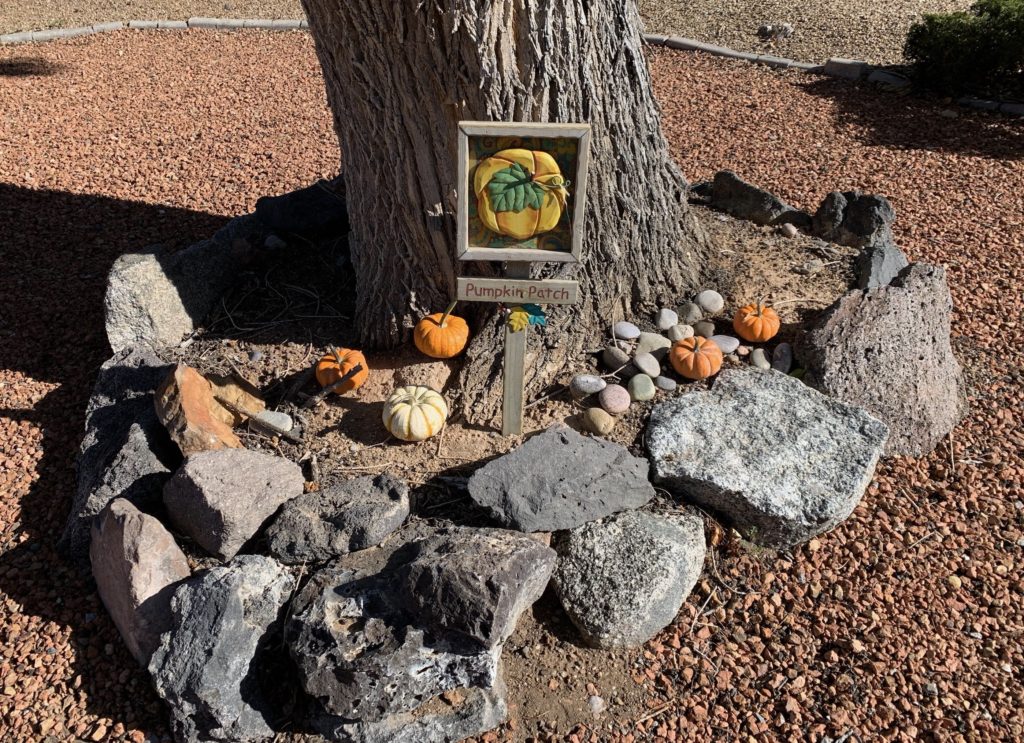
Just like that, it’s mid-October. Speaking of invisibility, what I love most about the season is how the invisible feels visible. I also can’t believe that in a few months, it will be 2020. I used to think 2020 belonged only in science fiction.
In other news, I am happy to share that an essay of mine, in the form of a letter, was accepted by NCTE’s Voices From The Middle journal. Honestly, I was floored to have had my essay accepted given my views are usually not sugar-coated. I try to be nice but when it comes to what’s happening in the field of education, I have to be brutally honest because each year that we “try to be nice” about what’s happening, is a year another American generation graduates unprepared for our world and possibly illiterate. More than anything, my words are in the company of authors my students read, authors who were once teachers, and educators whose research I have used to help my students become better learners. I am very grateful to the editors for including my essay. “The pages of this issue are full of messages of encouragement and hope but also of ideas that might challenge us to re-see and reconsider our work.” The journal requires a subscription but they made these essays available for free. Mine is on page 37.
I also have new short fiction available at the unique and classy, Menacing Hedge. In fact, you can hear me read it! And you are more than welcome to take a peek at the genesis of this story, right here, two years ago.
My creative non-fiction essay, “Landscape Through the Body” was accepted by the wonderful editors at the Canadian journal, The Fiddlehead earlier this year. Although that essay is only available in print, a mini-essay about composing that essay (and the connection between writing and music for me) is up on their website.
If you are in the mood for reading, here is an essay that Gail Hosking wrote, titled, “What Must Be Accounted For“. From the essay: “There is much that can never be swept up entirely when the war is over. And children are one of the many sacrifices. So many stories will continue into the next generation on both sides. Nothing whatsoever sentimental about war.”
Anne O’Leary has some new fiction out as well. This is an imaginative story and I liked it very much.
If you are into the music of Bruce Springsteen, there is anthology inspired by his music published by Bone and Ink Press. Aisling Keogh’s work is included in it as well!
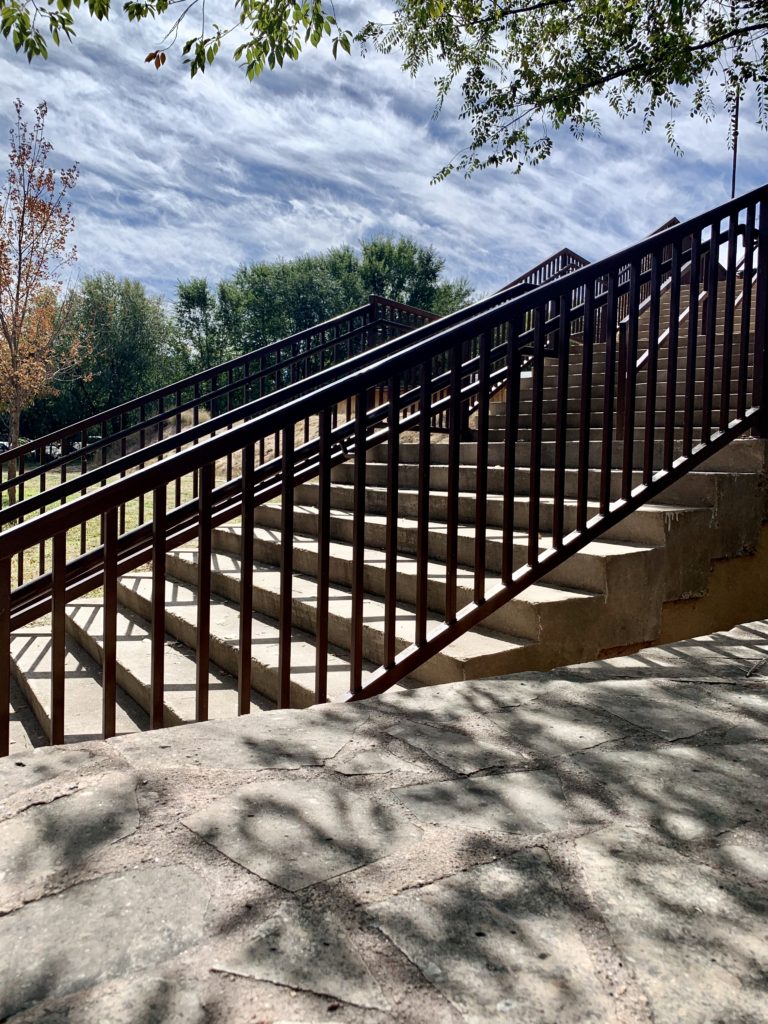
Until next time…
“The unseen world is all around us. It also is us.” (22) Busch, Akiko. “Introduction”, How To Disappear.
